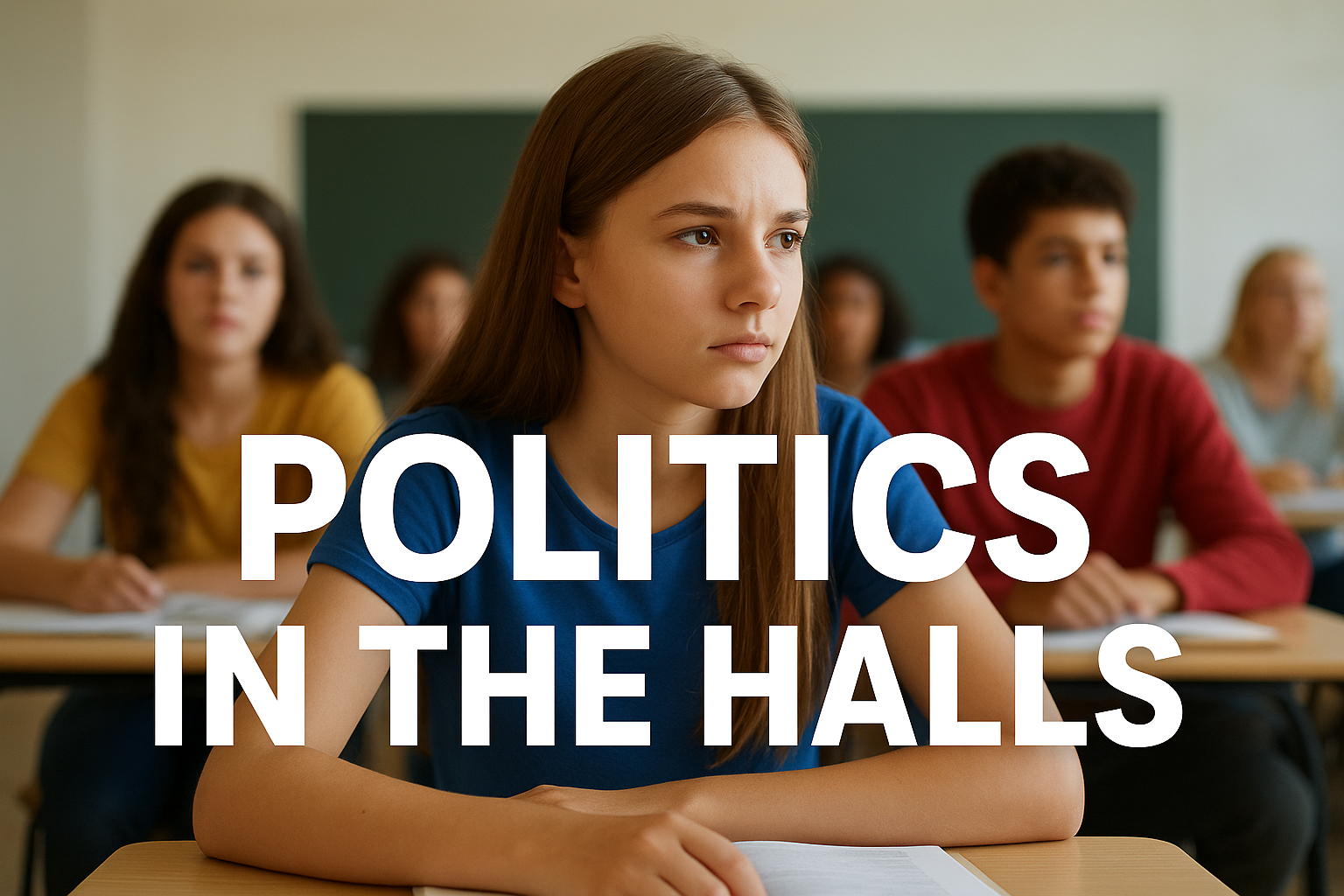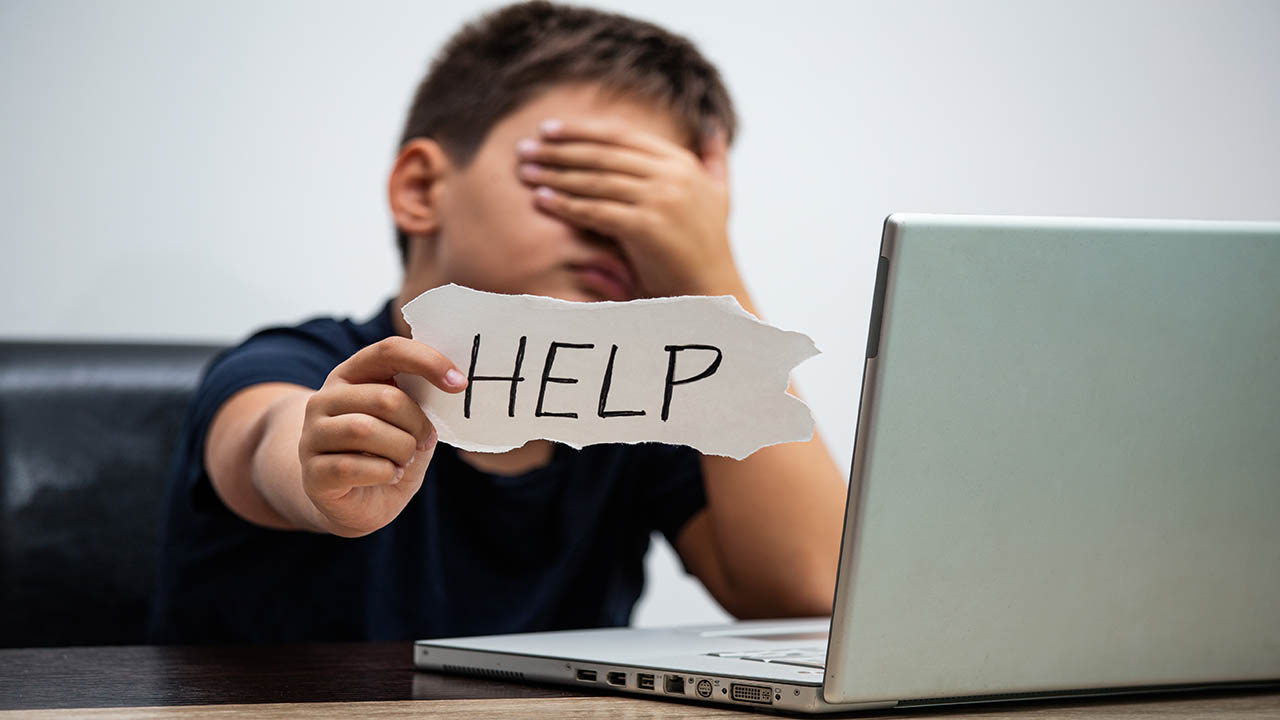
How Principals Can Start School With a Smile (Opinion)
Like most principals, the end of summer leaves me with a variety of feelings. Yes, I’ll miss the more relaxed summer schedule, with empty halls and silent phones, allowing me to reflect on the prior year and plan for the new. But there’s another part of me that also finds a strong desire to see those halls filled with students and be “there” for their families who so desperately need their questions answered and anxieties lowered.
That’s where principals step in. We have the chance to be superheroes for our staff and students who need us. We also have the chance to make the kind of difference we spoke glowingly about in our interviews before being offered the very best job in the world: the principalship!
I know times have been tough in the past three years. The pandemic was a huge rock that knocked all of us down to varying degrees. My father, a former high school guidance counselor and soccer coach, taught me long ago that it doesn’t matter how many times you get knocked down; instead, it matters how many times you get up. It’s that philosophy that I want to be the cornerstone of energy and perspective that I bring to the 2023-24 school year.
About This Series
In this biweekly column, principals and other authorities on school leadership—including researchers, education professors, district administrators, and assistant principals—offer timely and timeless advice for their peers.
Here are some tips I’d like to share that bring a smile to my face as I begin planning for the return of my students and staff.
1. Stay focused on students. This sounds simple, but our schedules as principals get inundated with so many requests. I recently had a conversation with one of my assistant principals who shared, “If someone wants to know what you prioritize, all they have to do is look at your calendar. What you prioritize will appear there.”
I wasn’t always very good at this, but through time—and making mistakes—I’ve learned to prioritize students in my calendar. Three times a week, I block out an hour for “student time” on my calendar. That helps to keep me focused on spending time with our primary client: the students.
I also enjoy scheduling my “office on wheels” hours, when I simply take my laptop on a cart and park myself in the hallway for a few hours. Being in the halls gives students and staff more access to me. I also use this time to check in with students for our “What’s Good in the Last 24?” social media segment, where I record students telling me something positive that’s happened in their lives in the past 24 hours. Remember, if we don’t tell our stories, someone else will, and that version won’t always be popular.
2. Make time for the important things in your life. What are your priorities in life, not just at work? For some, it may be your faith, family, friends, and work, whether they appear in that order or some other version. But how often do we allow these priorities to be shuffled to the backburner?
I’ve learned the importance of scheduling my priorities in the same way I schedule doctor appointments and IEP meetings: If I put it on my calendar, then it’ll get done. So now I prioritize and schedule time with my family, reading, time at the beach, and going out to eat. These are not only my priorities, but they’re also my rewards for doing the heavy lifting at work each day.
3. Embrace the power of venting. I can’t overstate how important it is to share thoughts, feelings, and frustrations with those who you trust. Releasing that energy in an emotionally safe environment is one of the best self-care techniques that principals can implement.
We all know how lonely this job can be. Nobody else in the school building is fielding as many questions and concerns as we are, so we need to have a safe location to let off some steam. I encourage all of you to know, use, and appreciate those in your support system.
4. Be OK with making mistakes; apologize and keep going. We’re literally making hundreds of decisions every day, so you need to cut yourself a break when you make an error or two. Admittedly, I’m still working on this, but I’m trying to get better every day. I used to focus on mistakes I made, constantly engaging in negative self-talk. “Why did I do that?” “Am I good enough for this job?” “I wish I would have …”
None of that is helpful. Through my mistakes, I’ve learned to just fall on my sword, admit what I did wrong, and move on to the next task. When you’re going through hell, don’t stop. Just keep going.
5. Listen to your stakeholders. I’ve always believed that students are my primary stakeholders, but I’ve come to realize over my 27-year career that staff and parents are equally important clients. They just all play different roles.
On my most recent end-of-year evaluation, I learned that a small number of my staff felt that I didn’t listen enough to staff members. Everyone on staff matters, so even a few holding this perception was concerning to me. After checking my ego at the door, I grew from the feedback. This year, I plan to attend teachers’ professional learning community meetings once to twice every week. I will also start two cohorts that I meet with four times this year: one for staff who are new to our school and another for teacher-leaders within the building. These strategies will give me the opportunity to hear more perspectives from my staff.
Our profession remains the most rewarding career. Yes, the stress level can seem overwhelming at times, but that’s why these and other strategies are so important to implement. I encourage you to align your calendars with your work and personal priorities, find those support systems that you will certainly need throughout the year, and go forward with a growth mindset for your individual improvement. I’m excited to see what’s in store in ‘24!
Get The Savvy Principal
Delivered Sunday morning, this newsletter has essential news, information, and career resources specifically for school leaders.
Dig Deeper With Our Longreads
Newsletter Sign up to get our best longform features, investigations, and thought-provoking essays, in your inbox every Sunday.
The MEN was founded by John Huber in the fall of 2020. It was founded to provide a platform for expert opinion and commentary on current issues that directly or indirectly affect education. All opinions are valued and accepted providing they are expressed in a professional manner. The Maryland Education Network consists of Blogs, Videos, and other interaction among the K-12 community.







